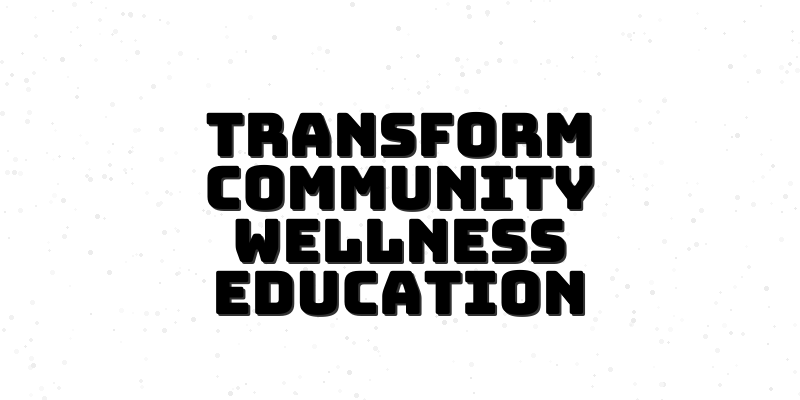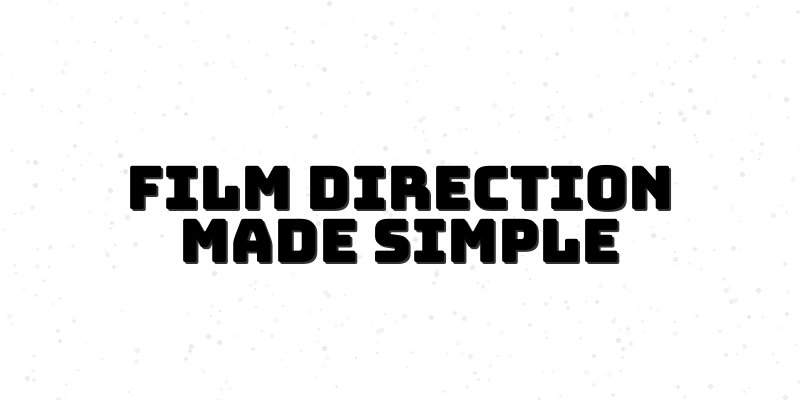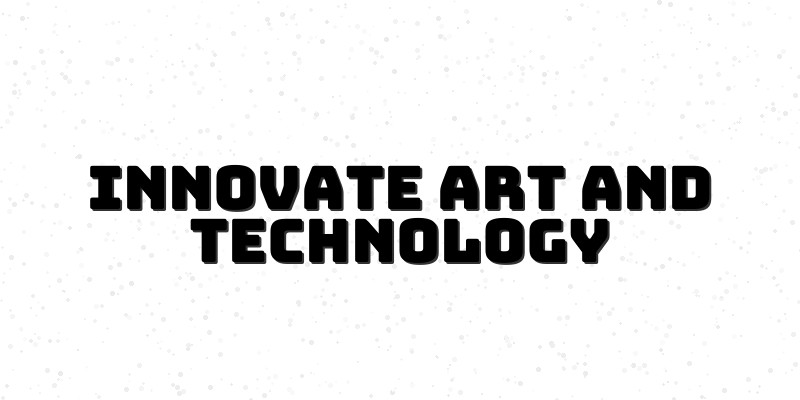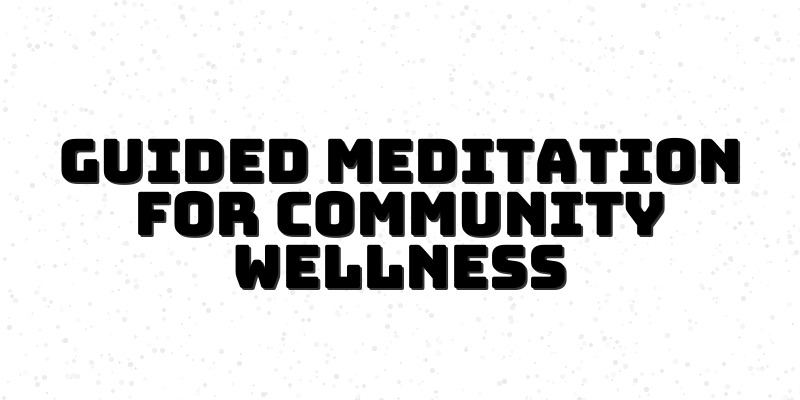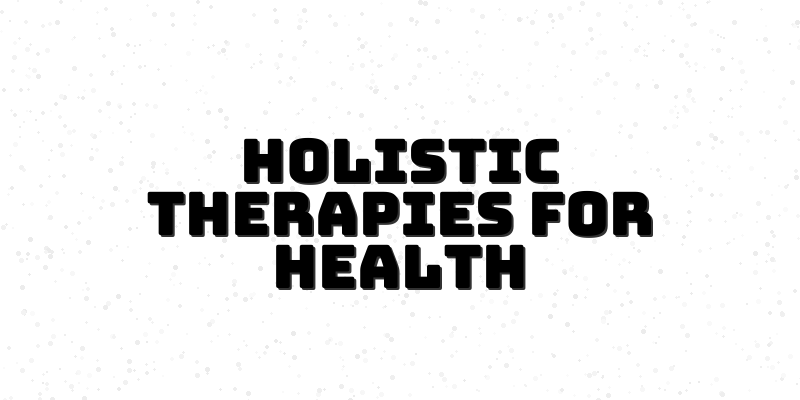Elevating Community Wellness Workshops: Key Strategies for Success
Community wellness workshops play a pivotal role in promoting health and well-being within our communities. As we navigate the complex world of holistic health education, understanding how to effectively create and facilitate these workshops is essential for making a meaningful impact. This post dives deep into the world of community wellness workshops, exploring key components that empower facilitators to lead successful initiatives.
The Importance of Community Wellness Workshops
Community wellness workshops serve as a bridge between individuals and essential health knowledge. They foster a sense of belonging and motivate local populations to engage in healthy behaviors. In an ever-changing global landscape, equipping communities with tools and knowledge can lead to remarkable improvements in health outcomes. Workshops allow for personalized learning experiences, where participants can engage with practitioners and peers, leading to shared insights and collective empowerment. The importance of these workshops extends beyond personal health; they create a ripple effect that enhances community well-being as a whole.
Key Components of Effective Workshop Facilitation
- Understanding Your Audience: Knowing the demographics, varying health interests, and specific needs of the community will help tailor your approach. Whether they seek knowledge about nutrition, mental health, or fitness, customization is key.
- Engagement Techniques: Utilize interactive activities, such as group discussions, role-playing, and hands-on practices, to keep participants involved.
- Accessible Curriculum Design: Create content that is not only informative but also digestible. Use relatable examples, visuals, and diverse teaching aids.
- Feedback Mechanisms: Prioritize participant feedback to continually refine and improve the workshops. This encourages a participant-centered atmosphere, building trust and long-term engagement.
Designing a Comprehensive Curriculum for Wellness Workshops
Creating a wellness curriculum involves several essential stages:
- Needs Assessment: Begin with surveys or focus groups to determine what health topics are most desired in your community.
- Curriculum Mapping: Organize the content logically. Break it down into modules that flow well together and span various wellness topics, incorporating different wellness models.
- Resource Compilation: Use diverse media, including videos, literature, and guest speakers, to enrich the curriculum.
- Hands-On Learning: Integrate practical exercises that nurture experiential learning, making the knowledge applicable in real scenarios.
Promoting Your Community Wellness Workshop
Effective promotion is crucial for attracting participants to your workshops. Here are strategies to consider:
- Utilize Social Media: Leverage platforms like Facebook and Instagram to share information and reach a broader audience.
- Community Partnerships: Collaborate with local organizations, schools, and health departments to promote your workshops. They often have established communication channels that can aid in outreach.
- Event Listings: Publish updates in community calendars and local flyers to create awareness among potential participants.
- Engaging Online Presence: Maintain an informative website with upcoming workshops, testimonials, and insightful blog posts. This can enhance your credibility in the community.
Post-Workshop Evaluation for Continuous Improvement
After conducting a workshop, it is vital to gather insights from participants to assess the event’s effectiveness. Here’s how:
- Surveys: Distribute surveys to collect feedback on topics covered, engagement methods, and perceived value.
- Reflection Sessions: Host a debriefing with facilitators to discuss challenges faced during the workshop and brainstorm solutions.
- Follow-Up Communication: Reach out to participants with additional resources, tips, or invitations to future events to foster ongoing relationships. Regular interaction can keep the momentum alive and generate interest for future workshops.

